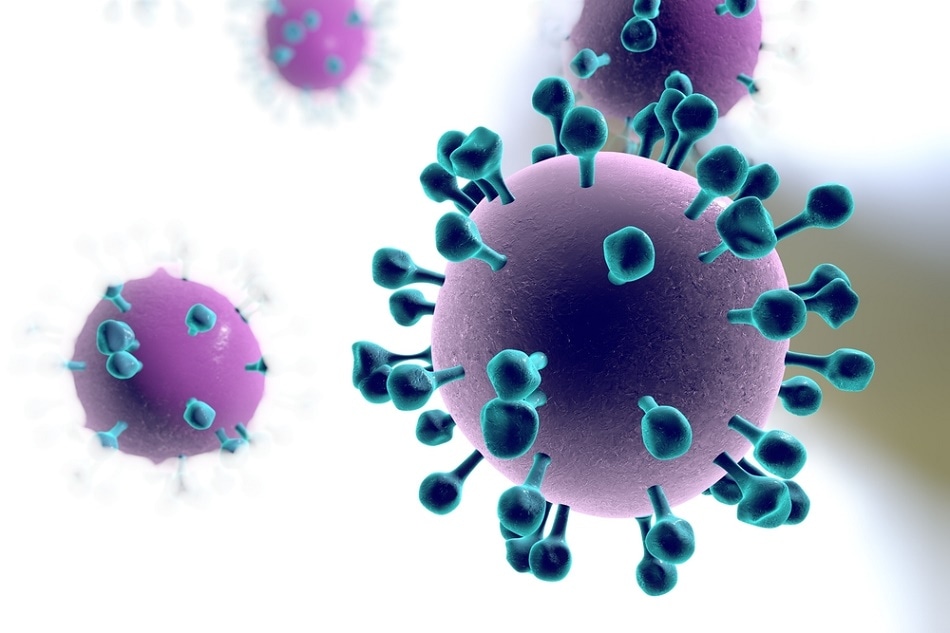Nov 17 2016
 Kateryna Kon/Shutterstock.com
Kateryna Kon/Shutterstock.com
An innovative technique to detect particular types of proteins that act as indicators for cancer and other diseases was recently developed by a biochemist at Purdue University.
Glycoproteins are created when sugars attach to and alter a protein. In certain cases, a combination of glycoproteins found in a sample of urine or blood could be an indicator of cancer or other diseases. But those glycoproteins can be indescribable. No antibody is present to distinguish between regular proteins and them. Furthermore, the complex and mass sugar groups can make it hard for even regular protein-detection antibodies to locate their targets.
W. Andy Tao, a Purdue professor of biochemistry, has created a novel protein array, a high throughput system to test a number of proteins in parallel, for dividing glycoproteins from unaltered proteins. Tao also showed how effective it was in identifying glycoproteins linked to bladder cancer. The research findings were published in the November 14 issue of the Journal of the American Chemical Society.
Tao created a nano-sized polymer, called polyGPA, which sticks to the sugar groups of glycoproteins and extracts them to the surface of the protein array. Moreover, the nanopolymer repositions the glycoprotein such that the antibodies used to locate unaltered proteins can better reach their targets.
There are many sugar types and combinations. Sugar modification can be a very important indication of disease state. A panel of proteins modified by sugars may be an indication of a particular disease.
W. Andy Tao, Professor, Purdue University
Tao said experiments indicated his technique is 17 times to 25 times more likely to detect proteins that might have otherwise been missed in standard testing processes. He was also able to detect glycoproteins linked with bladder cancer in a urine sample.
It is possible to use our platform to identify these sugar-modified proteins as a biomarker for bladder cancer.
W. Andy Tao, Professor, Purdue University
Going forward, Tao plans to commercialize his nanopolymer-modified protein array via his company, Tymora Analytical Operations, which is located in the Purdue University Research Park. The company manufactures the pIMAGO nanopolymer, which can be used to establish whether cancer drugs were effective against biochemical processes that can cause cancer cell formation, and polyMAC, a nanopolymer that enables scientists to retrieve and analyze proteins that are undergoing processes linked to cancer cell formation.